Friday Open Thread ~ "What are you reading?" edition ~ opening paragraphs

As with pubs and shoes, you know you’re reading a great book from the second you’re inside it.
In the right hands, a novel’s beginning alone can make you feel like you’ve just fallen into a fast-flowing river, snatched away from reality and hurtled downhill. They range from hard-boiled pulp fiction to classics to, well, The Bible; the only thing they have in common is that they’re so good it’s impossible not to read on.
The Hobbit (J.R.R. Tolkien)
In a hole in the ground there lived a hobbit. Not a nasty, dirty, wet hole, filled with the ends of worms and an oozy smell, nor yet a dry, bare, sandy hole with nothing in it to sit down on or to eat: it was a hobbit-hole, and that means comfort.
The Sound And The Fury (William Faulkner)
Through the fence, between the curling flower spaces, I could see them hitting. They were coming toward where the flag was and I went along the fence. Luster was hunting in the grass by the flower tree. They took the flag out, and they were hitting. Then they put the flag back and they went to the table, and he hit and the other hit. Then they went on, and I went along the fence. Luster came away from the flower tree and we went through the fence and they stopped and we stopped and I looked through the fence while Luster was hunting in the grass.
A Confederacy Of Dunces (John Kennedy Toole)
A green hunting cap squeezed the top of the fleshy balloon of a head. The green earflaps, full of large ears and uncut hair and the fine bristles that grew in the ears themselves, stuck out on either side like turn signals indicating two directions at once. Full, pursed lips protruded beneath the bushy black moustache and, at their corners, sank into little folds filled with disapproval and potato chip crumbs. In the shadow under the green visor of the cap Ignatius J. Reilly’s supercilious blue and yellow eyes looked down upon the other people waiting under the clock at the D.H. Holmes department store, studying the crowd of people for signs of bad taste in dress. Several of the outfits, Ignatius noticed, were new enough and expensive enough to be properly considered offenses against taste and decency. Possession of anything new or expensive only reflected a person’s lack of theology and geometry; it could even cast doubts upon one’s soul.
The Stranger (Albert Camus)
Mother died today. Or maybe yesterday, I don’t know. I had a telegram from the home: ‘Mother passed away. Funeral tomorrow. Yours sincerely.’ That doesn’t mean anything. It may have been yesterday.
The Bible
In the beginning God created the heaven and the earth. And the earth was without form, and void; and darkness was upon the face of the deep. And the Spirit of God moved upon the face of the waters.
Winnie-the-Pooh ( A. A. Milne and illustrated by E. H. Shepard)
One day when he was out walking, he came to an open place in the middle of the forest, and in the middle of this place was a large oak-tree, and, from the top of the tree, there came a loud buzzing-noise. Winnie-the-Pooh sat down at the foot of the tree, put his head between his paws and began to think.
There are more great opening paragraphs below the fold! Please feel to add your favorites.
American Tabloid (James Ellroy)
America was never innocent. We popped our cherry on the boat over and looked back with no regrets. You can’t ascribe our fall from grace to any single event or set of circumstances. You can’t lose what you lacked at conception.
Moby Dick (Herman Melville)
Call me Ishmael. Some years ago — never mind how long precisely — having little or no money in my purse, and nothing particular to interest me on shore, I thought I would sail about a little and see the watery part of the world. It is a way I have of driving off the spleen, and regulating the circulation. Whenever I find myself growing grim about the mouth; whenever it is a damp, drizzly November in my soul; whenever I find myself involuntarily pausing before coffin warehouses, and bringing up the rear of every funeral I meet; and especially whenever my hypos get such an upper hand of me, that it requires a strong moral principle to prevent me from deliberately stepping into the street, and methodically knocking people’s hats off — then, I account it high time to get to sea as soon as I can. This is my substitute for pistol and ball. With a philosophical flourish Cato throws himself upon his sword; I quietly take to the ship. There is nothing surprising in this. If they but knew it, almost all men in their degree, some time or other, cherish very nearly the same feelings towards the ocean with me.
A Farewell To Arms (Ernest Hemingway)
In the late summer of that year we lived in a house in a village that looked across the river and the plain to the mountains. In the bed of the river there were pebbles and boulders, dry and white in the sun, and the water was clear and swiftly moving and blue in the channels. Troops went by the house and down the road and the dust they raised powdered the leaves of the trees. The trunks of the trees too were dusty and the leaves fell early that year and we saw the troops marching along the road and the dust rising and leaves, stirred by the breeze, falling and the soldiers marching and afterward the road bare and white except for the leaves.
A Tale Of Two Cities (Charles Dickens)
It was the best of times, it was the worst of times, it was the age of wisdom, it was the age of foolishness, it was the epoch of belief, it was the epoch of incredulity, it was the season of Light, it was the season of Darkness, it was the spring of hope, it was the winter of despair, we had everything before us, we had nothing before us, we were all going direct to Heaven, we were all going direct the other way — in short, the period was so far like the present period, that some of its noisiest authorities insisted on its being received, for good or for evil, in the superlative degree of comparison only.
On The Road (Jack Kerouac)
I first met Dean not long after my wife and I split up. I had just gotten over a serious illness that I won’t bother to talk about, except that it had something to do with the miserably weary split-up and my feeling that everything was dead. With the coming of Dean Moriarty began the part of my life you could call my life on the road. Before that I’d often dreamed of going West to see the country, always vaguely planning and never taking off. Dean is the perfect guy for the road because he actually was born on the road, when his parents were passing through Salt Lake City in 1926, in a jalopy, on their way to Los Angeles. First reports of him came to me through Chad King, who’d shown me a few letters from him written in a New Mexico reform school. I was tremendously interested in the letters because they so naively and sweetly asked Chad to teach him all about Nietzsche and all the wonderful intellectual things that Chad knew. At one point Carlo and I talked about the letters and wondered if we would ever meet the strange Dean Moriarty. This is all far back, when Dean was not the way he is today, when he was a young jailkid shrouded in mystery. Then news came that Dean was out of reform school and was coming to New York for the first time; also there was talk that he had just married a girl called Marylou.
Lolita (Vladimir Nabokov)
Lolita, light of my life, fire of my loins. My sin, my soul. Lo-lee-ta: the tip of the tongue taking a trip of three steps down the palate to tap, at three, on the teeth. Lo. Lee. Ta.
Brighton Rock (Graham Greene)
Hale knew, before he had been in Brighton three hours, that they meant to murder him. With his inky fingers and his bitten nails, his manner cynical and nervous, anybody could tell he didn’t belong – belong to the early summer sun, the cool Whitsun wind off the sea, the holiday crowd. They came in by train from Victoria every five minutes, rocked down Queen’s Road standing on the tops of the little local trams, stepped off in bewildered multitudes into fresh and glittering air: the new silver paint sparkled on the piers, the cream houses ran away into the west like a pale Victorian water-colour; a race in miniature motors, a band playing, flower gardens in bloom below the front, an aeroplane advertising something for the health in pale vanishing clouds across the sky.
Pick-Up (Charles Willeford)
It must have been around a quarter to eleven. A sailor came in and ordered a chile dog and coffee. I sliced a bun, jerked a frank out of the boiling water, nested it, poured a half-dipper of chile over the frank and sprinkled it liberally with chopped onions. I scribbled a check and put it by his plate. I wouldn’t have recommended the unpalatable mess to a starving animal. The sailor was the only customer, and after he ate his dog he left. That was the exact moment she entered. A small woman, hardly more than five feet. She had the figure of a teenage girl. Her suit was a blue tweed, smartly cut, and over her thin shoulders she wore a fur jacket, bolero length. Tiny gold circular earrings clung to her small pierced ears. Her hands and feet were small, and when she seated herself at the counter I noticed she wasn’t wearing any rings.
The Picture Of Dorian Gray (Oscar Wilde)
The studio was filled with the rich odour of roses, and when the light summer wind stirred amidst the trees of the garden, there came through the open door the heavy scent of the lilac, or the more delicate perfume of the pink-flowering thorn.
The Witches (Roald Dahl)
In fairy-tales, witches always wear silly black hats and black coats, and they ride on broomsticks. But this is not a fairy-tale. This is about REAL WITCHES.
Pride & Prejudice (Jane Austen)
It is a truth universally acknowledged, that a single man in possession of a good fortune must be in want of a wife. However little known the feelings or views of such a man may be on his first entering a neighbourhood, this truth is so well fixed in the minds of the surrounding families, that he is considered as the rightful property of some one or other of their daughters.
White Fang (Jack London)
Dark spruce forest frowned on either side of the frozen waterway. The trees had been stripped by a recent wind of their white covering of frost, and they seemed to lean toward each other, black and ominous, in the fading light. A vast silence reigned over the land. The land itself was a desolation, lifeless, without movement, so lone and cold that the spirit of it was not even that of sadness. There was a hint in it of laughter, but of a laughter more terrible than any sadness — a laughter that was mirthless as the smile of the Sphinx, a laughter cold as the frost and partaking of the grimness of infallibility. It was the masterful and incommunicable wisdom of eternity laughing at the futility of life and the effort of life. It was the Wild, the savage, frozen-hearted Northland Wild.
American Psycho (Bret Easton Ellis)
ABANDON ALL HOPE YE WHO ENTER HERE is scrawled in blood red lettering on the side of the Chemical Bank near the corner of Eleventh and First and is in print large enough to be seen from the backseat of the cab as it lurches forward in the traffic leaving Wall Street and just as Timothy Price notices the words a bus pulls up, the advertisement for Les Miserables on its side blocking his view, but Price who is with Pierce & Pierce and twenty-six doesn't seem to care because he tells the driver he will give him five dollars to turn up the radio, "Be My Baby" on WYNN, and the driver, black, not American, does so.
Fahrenheit 451 (Ray Bradbury)
It was a pleasure to burn.
Notes From Underground (Fyodor Dostoevsky)
I am a sick man. ... I am a spiteful man. I am an unattractive man. I believe my liver is diseased. However, I know nothing at all about my disease, and do not know for certain what ails me. I don't consult a doctor for it, and never have, though I have a respect for medicine and doctors. Besides, I am extremely superstitious, sufficiently so to respect medicine, anyway (I am well-educated enough not to be superstitious, but I am superstitious). No, I refuse to consult a doctor from spite. That you probably will not understand. Well, I understand it, though. Of course, I can't explain who it is precisely that I am mortifying in this case by my spite: I am perfectly well aware that I cannot "pay out" the doctors by not consulting them; I know better than anyone that by all this I am only injuring myself and no one else. But still, if I don't consult a doctor it is from spite. My liver is bad, well then let it hurt even worse!
The Haunting Of Hill House (Shirley Jackson)
No live organism can continue for long to exist sanely under conditions of absolute reality; even larks and katydids are supposed, by some, to dream. Hill House, not sane, stood by itself against its hills, holding darkness within; it had stood so for eighty years and might stand for eighty more. Within, walls continued upright, bricks met neatly, floors were firm, and doors were sensibly shut; silence lay steadily against the wood and stone of Hill House, and whatever walked there, walked alone…
Metamorphosis (Franz Kafka)
As Gregor Samsa awoke one morning from uneasy dreams he found himself transformed in his bed into a gigantic insect. He was lying on his hard, as it were armor-plated, back and when he lifted his head a little he could see his dome-like brown belly divided into stiff arched segments on top of which the bed quilt could hardly keep in position and was about to slide off completely. His numerous legs, which were pitifully thin compared to the rest of his bulk, waved helplessly before his eyes.
Invisible Man (Ralph Ellison)
I am an invisible man. No, I am not a spook like those who haunted Edgar Allan Poe; nor am I one of your Hollywood-movie ectoplasms. I am a man of substance, of flesh and bone, fiber and liquids—and I might even be said to possess a mind. I am invisible, understand, simply because people refuse to see me. Like the bodiless heads you see sometimes in circus sideshows, it is as though I have been surrounded by mirrors of hard, distorting glass. When they approach me they see only my surroundings, themselves, or figments of their imagination—indeed, everything and anything except me.
The Raven (Edgar Allan Poe)
Once upon a midnight dreary, as I pondered weak and weary,
Over many a quaint and curious volume of forgotten lore
While I nodded, nearly napping, suddenly there came a tapping,
As of someone gently rapping, rapping at my chamber door.
1984 (George Orwell)
It was a bright cold day in April, and the clocks were striking thirteen.
The Adventures Of Huckleberry Finn (Mark Twain)
You don't know about me without you have read a book by the name of The Adventures of Tom Sawyer; but that ain't no matter. That book was made by Mr. Mark Twain, and he told the truth, mainly. There was things which he stretched, but mainly he told the truth. That is nothing. I never seen anybody but lied one time or another, without it was Aunt Polly, or the widow, or maybe Mary. Aunt Polly - Tom's Aunt Polly, she is - and Mary, and the Widow Douglas is all told about in that book, which is mostly a true book, with some stretchers, as I said before.
Norwegian Wood (Haruki Murakami)
I was 37 then, strapped in my seat as the huge 747 plunged through dense cloud cover on approach to Hamburg Airport. Cold November rains drenched the earth. lending everything the gloomy air of a Flemish landscape: the ground crew in waterproofs, a flag atop a squat building, a BMW billboard. So - Germany again.
Young Men and Fire (Norman Maclean)
In 1949 the Smokejumpers were not far from their origins as parachute jumpers turned stunt performers dropping from the wings of planes at county fairs just for the hell of it plus a few dollars, less hospital expenses. By this time they were also sure they were the best firefighters in the United States Forest Service, and although by now they were very good, especially against certain kinds of fires, they should have stopped to realize that they were newcomers in this ancient business of fighting forest fires. It was 1940 when the first parachute jump on a forest fire was made and a year later that the Smokejumpers were organized, so only for nine years had there been a profession with the aim of taking on at the same time three of the four elements of the universe --- air, earth, and fire --- and in a simple continuous act dropping out of the sky and landing in a treetop or on the face of a cliff in order to make good their boast of digging a trench around every fire they landed on by ten o'clock the next morning. In 1949 the Smokejumpers were still so young that they referred affectionately to all fires they jumped on as "ten o'clock fires," as if they already had them under control before they jumped. They were still so young they hadn't learned to count the odds and to sense they might owe the universe a tragedy.
One Hundred Years of Solitude (Gabriel Garcia Marquez)
Many years later, as he faced the firing squad, Colonel Aureliano Buendia was to remember that distant afternoon when his father took him to discover ice. At that time Macondo was a village of twenty adobe houses, built on the bank of a river of clear water that ran along a bed of polished stones, which were white and enormous, like prehistoric eggs. The world was so recent that many things lacked names, and in order to indicate them it was necessary to point. Every year during the month of March a family of ragged gypsies would set up their tents near the village, and with a great uproar of pipes and kettledrums they would display new inventions. First they brought the magnet. A heavy gypsy with an untamed beard and sparrow hands, who introduced himself as Melquiades, put on a bold public demonstration of what he himself called the eighth wonder of the learned alchemists of Macedona. He went from house to house dragging two metal ingots and everybody was amazed to see pots, pans, tongs, and braziers tumble down from their places and beams creak from the desperation of nails and screws trying to emerge, and even objects that had been lost for a long time appeared from where they had been searched for most and went dragging along in turbulent confusion behind Melquaides' magical irons.
The Grapes of Wrath (John Steinbeck)

To the red country and part of the gray country of Oklahoma, the last rains came gently, and they did not cut the scarred earth. The plows crossed and recrossed the rivulet marks. The last rains lifted the corn quickly and scattered weed colonies and grass along the sides of the roads so that the gray country and the dark red country began to disappear under a green cover. In the last part of May the sky grew pale and the clouds that had hung in high puffs for so long in the spring were dissipated. The sun flared down on the growing corn day after day until a line of brown spread along the edge of each green bayonet. The clouds appeared, and went away, and in a while they did not try any more. The weeds grew darker green to protect themselves, and they did not spread any more. The surface of the earth crusted, a thin hard crust, and as the sky became pale, so the earth became pale, pink in the red country and white in the gray country.
Two Treatises of Government (John Locke)
Slavery is so vile and miserable an estate of man, and so directly opposite to the generous temper and courage of our nation; that it is hardly to be conceived, that an Englishman, much less a gentleman, should plead for it. And truly I should have taken Sir Robert Filmer’s Patriarcha, as any other treatise, which would persuade all men, that they are slaves, and ought to be so, for such another exercise of wit, as was his who writ the encomium of Nero; rather than for a serious discourse meant in earnest, had not the gravity of the title and epistle, the picture in the front of the book, and the applause that followed it, required me to believe, that the author and publisher were both in earnest. I therefore took it into my hands with all the expectation, and read it through with all the attention due to a treatise that made such a noise at its coming abroad, and cannot but confess my self mightily surprised, that in a book, which was to provide chains for all mankind, I should find nothing but a rope of sand, useful perhaps to such, whose skill and business it is to raise a dust, and would blind the people, the better to mislead them; but in truth not of any force to draw those into bondage, who have their eyes open, and so much sense about them, as to consider, that chains are but an ill wearing, how much care soever hath been taken to file and polish them.


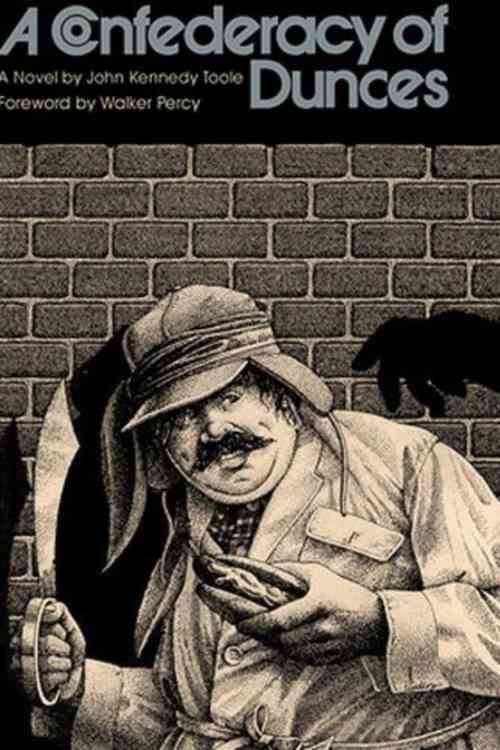



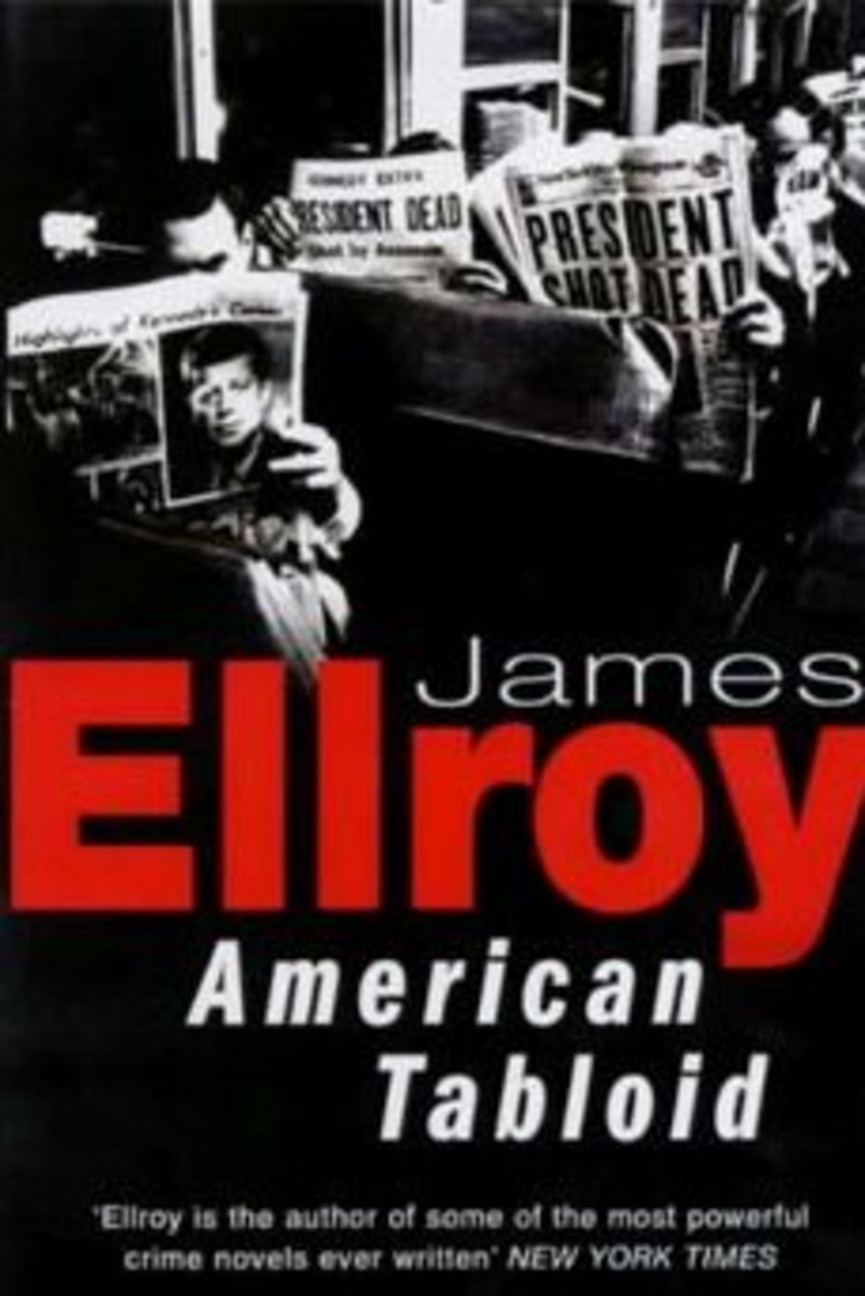


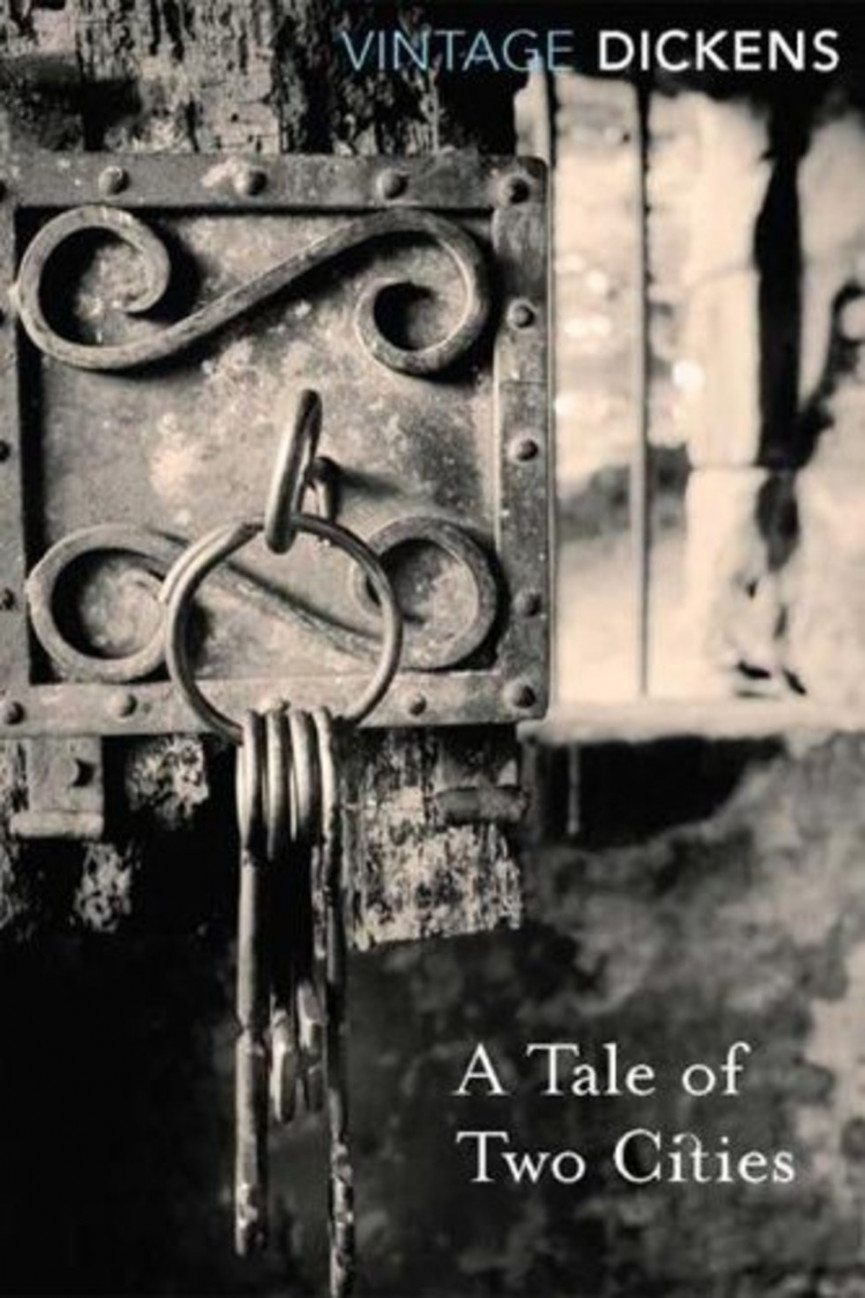
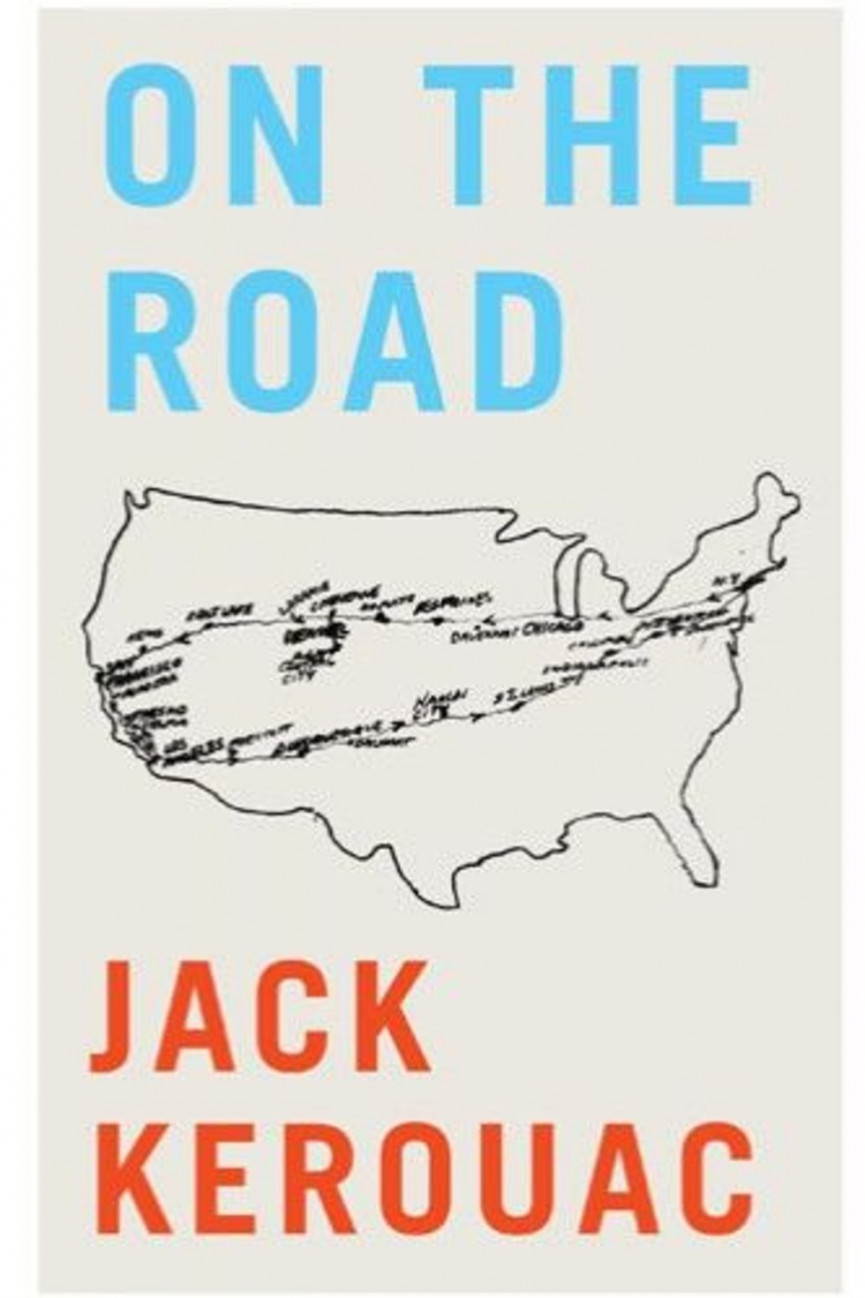

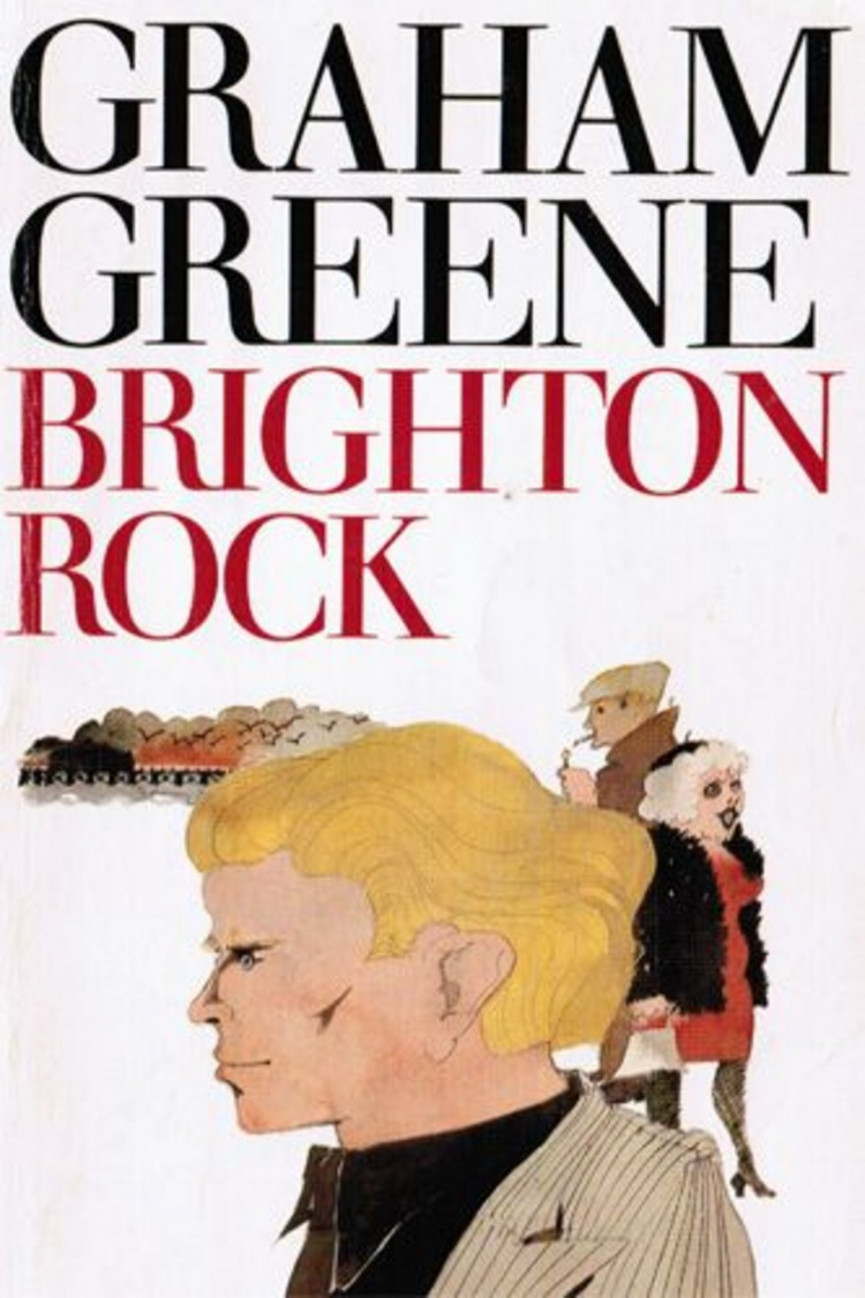
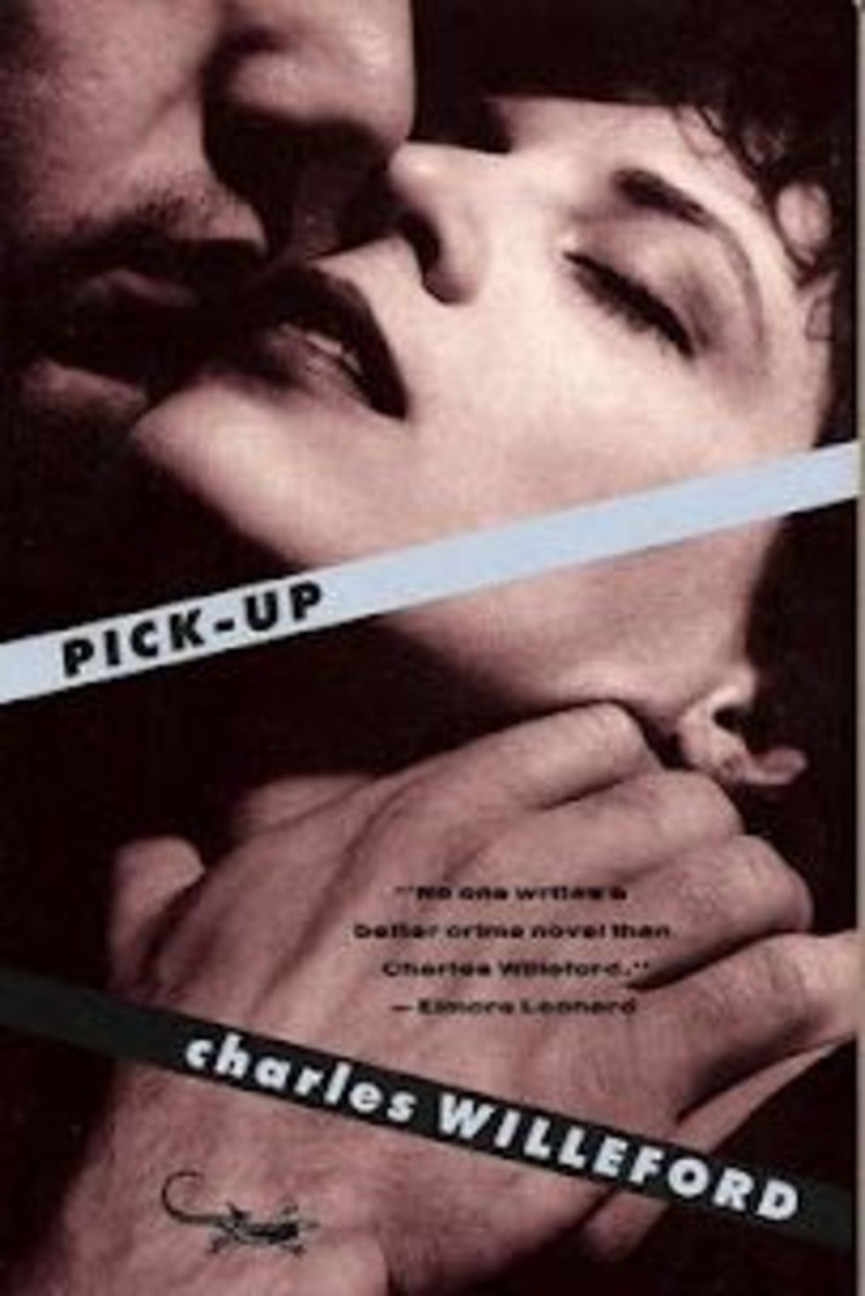


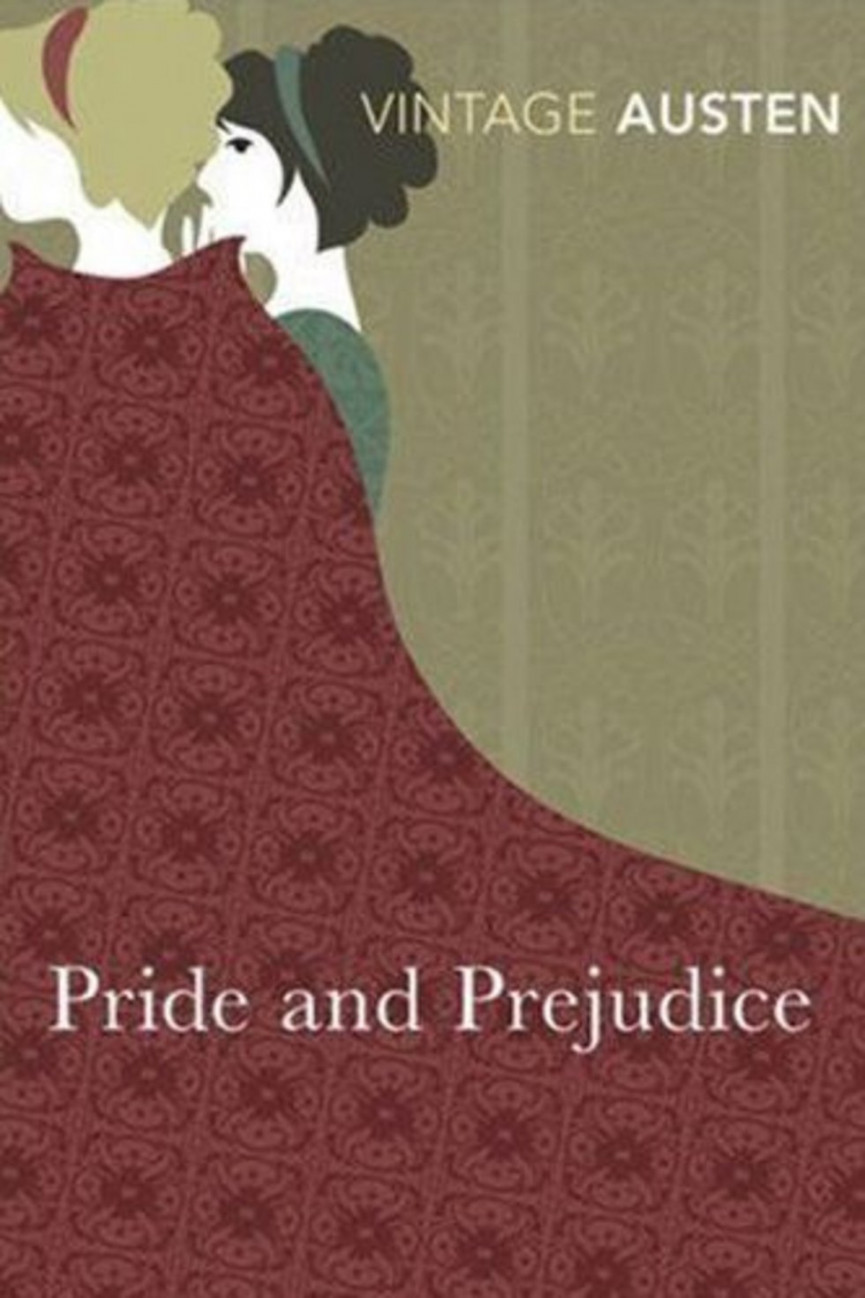
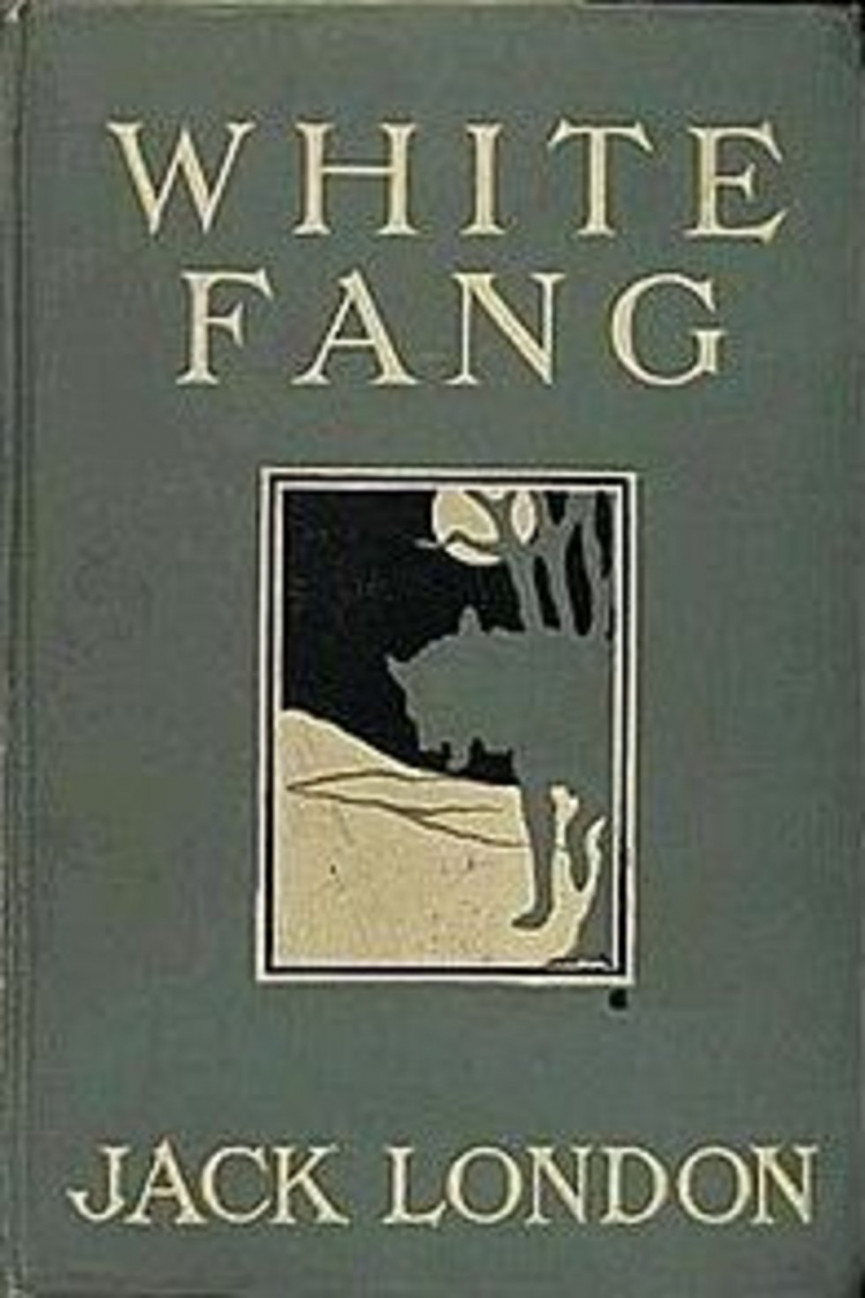
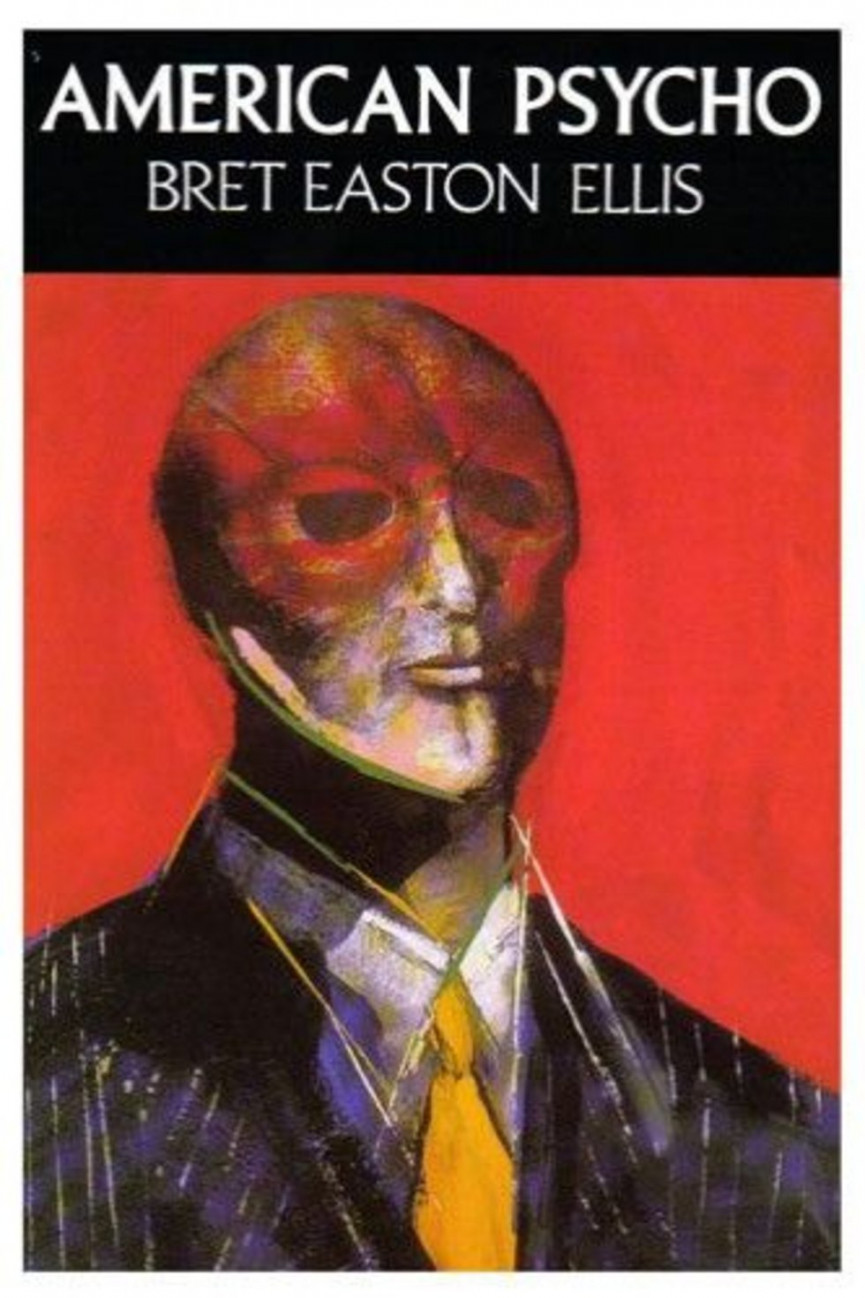
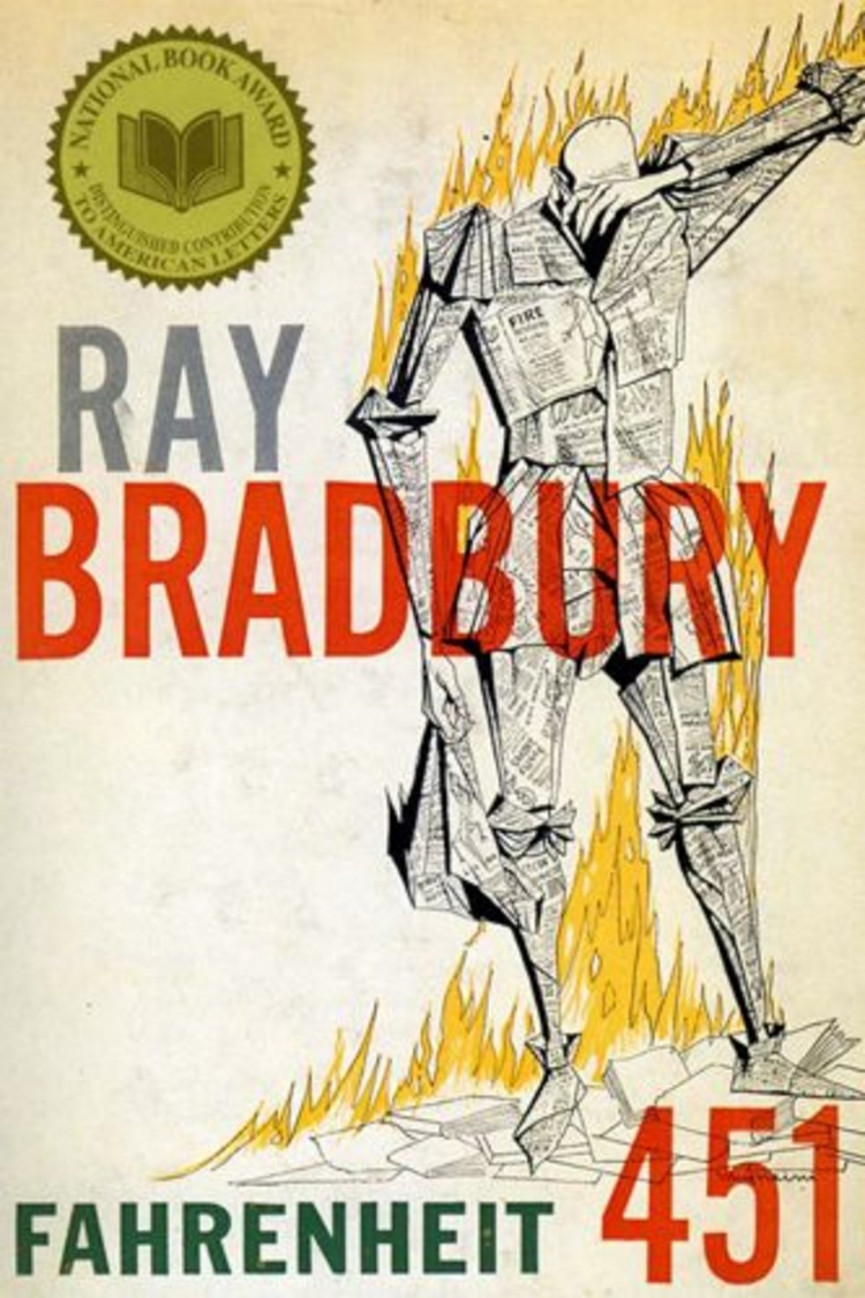
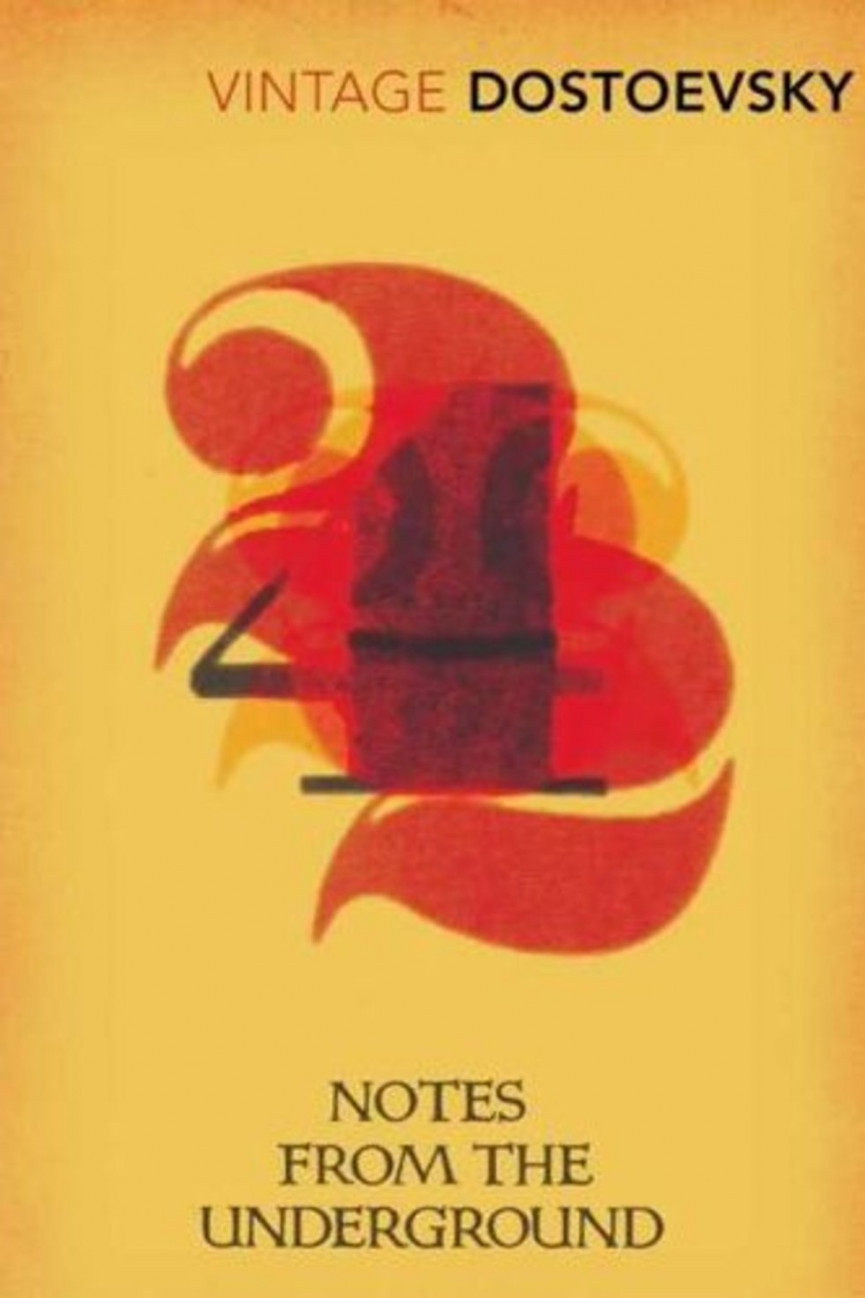


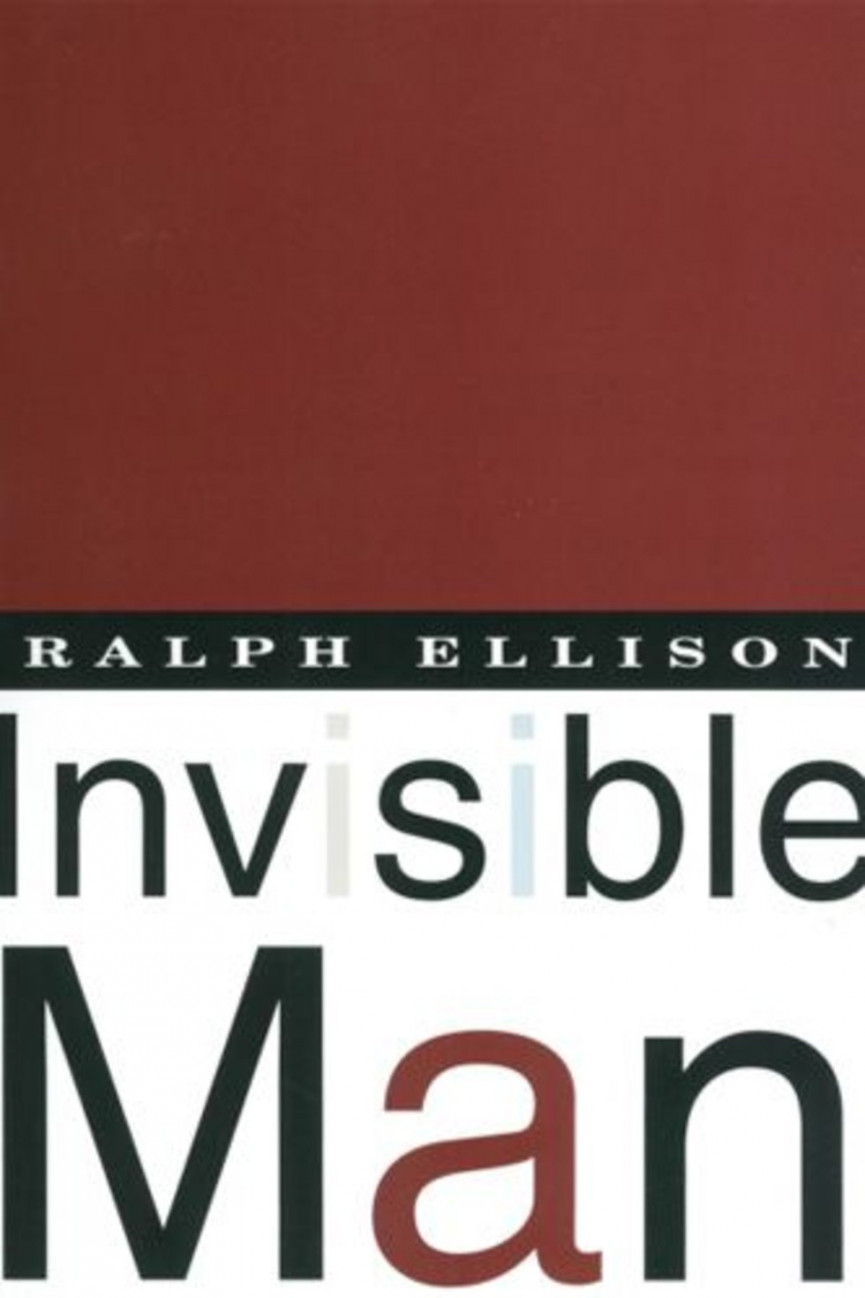
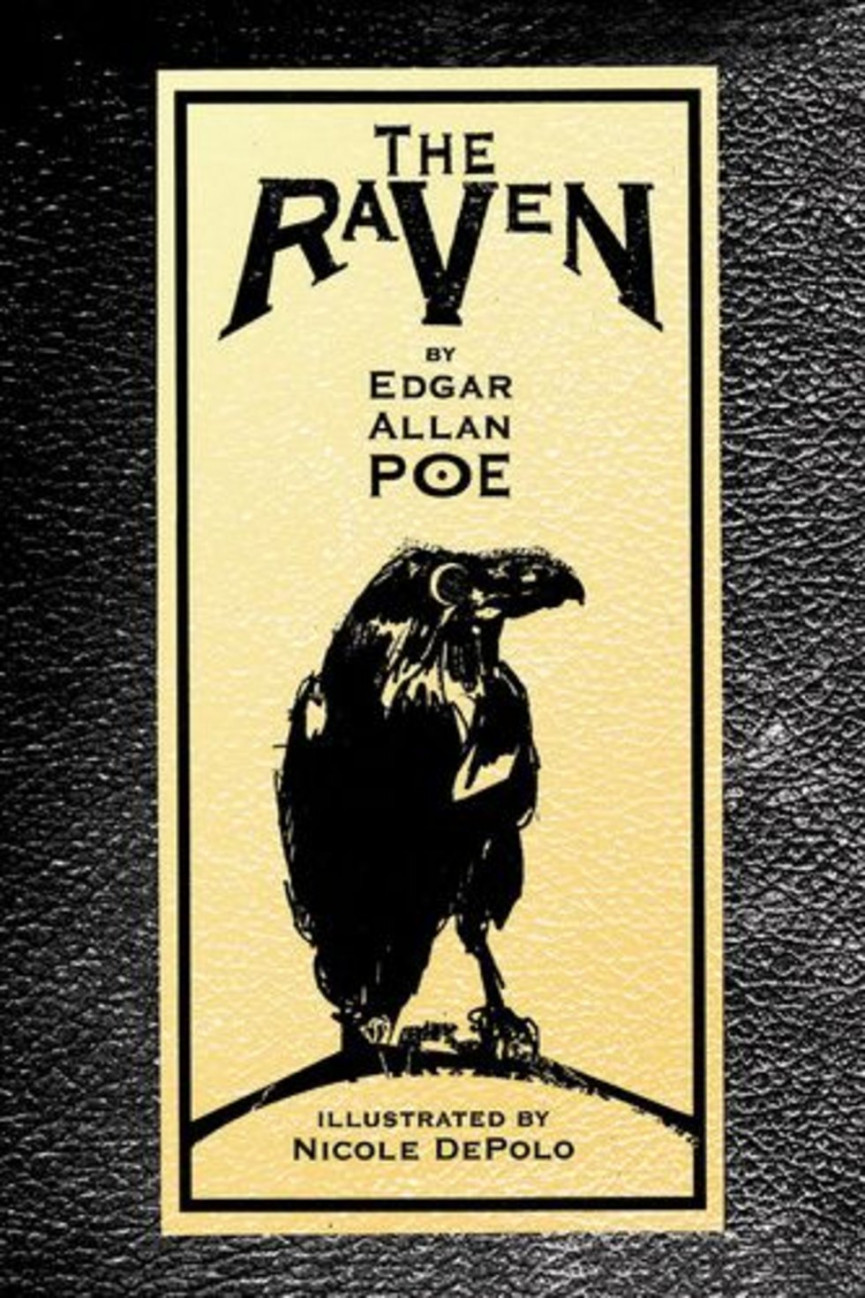

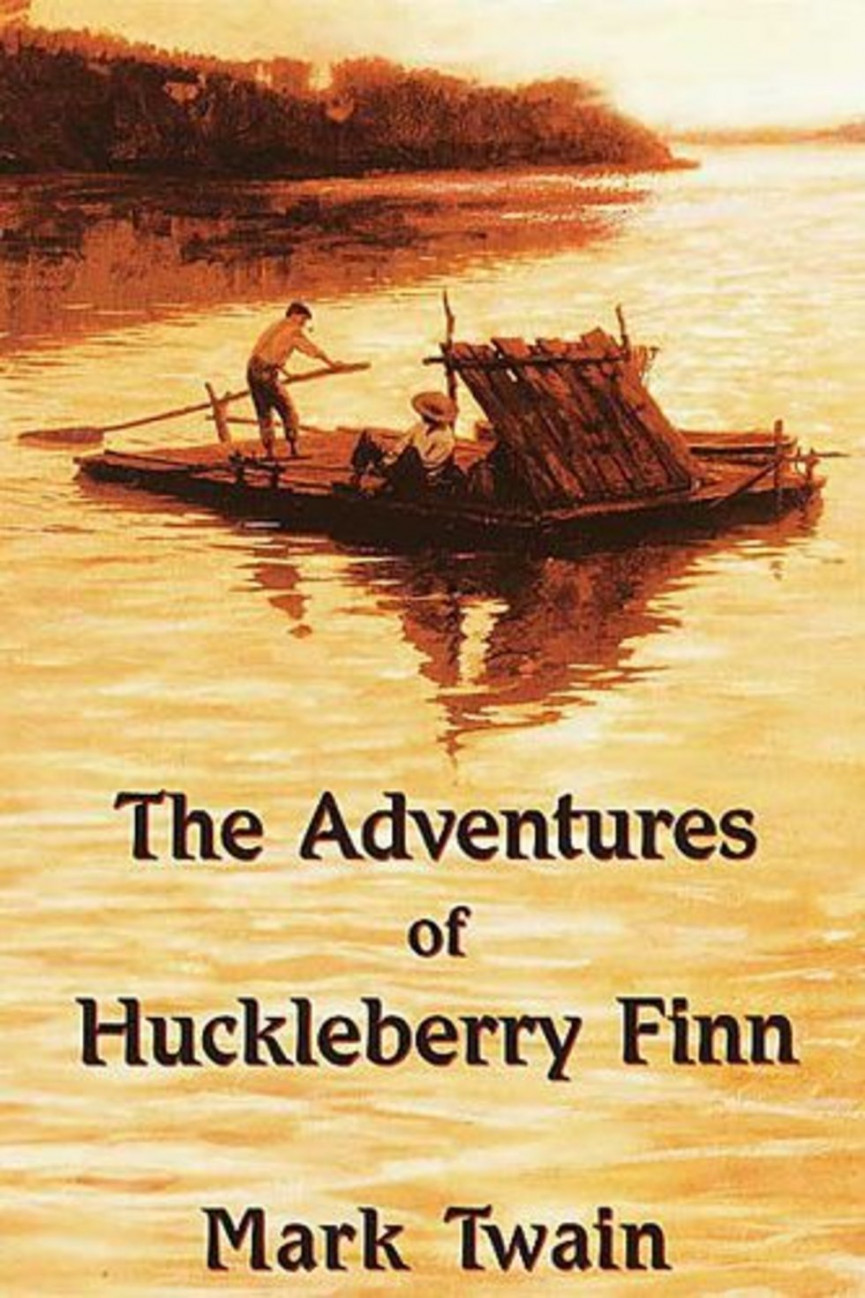



Comments
Utah: Come for the scenery, stay because the Monolith says so
Scientists are concerned that conspiracy theories may die out if they keep coming true at the current alarming rate.
Good morning Philly. A ton of beginnings there. Thanks.
Clean-up day ahead and a change of holiday decor in the offing, so I shall simply add one more small item and bail -
~~ S. T. Coleridge
be well and have a good one
That, in its essence, is fascism--ownership of government by an individual, by a group, or by any other controlling private power. -- Franklin D. Roosevelt --
got my copy of Steven's
Travels with a Dead Man this week.
Hope to read it over holidays.
Confederacy of Dunces is one of my all-time favorites!
edit.
source of title provided by Toole-
"When a true genius appears in the world, you may know him by this sign, that the dunces are all in confederacy against him."
Jonathan Swift
wonderful foreword by Walker Percy.
the book was lost but for efforts of Toole's mother.
Toole a suicide at age 32.
What a great way to open the discussion.
Opening paragraphs. Nicely done.
Carry a flame and share the light.
.
love these openings
a few of which I know, most of which I don't. Thanks.
As for what I'm reading, well, I was looking for something funny and saw a book listed, called "Perictione in Colophon" by Roger Sluton. So I ordered it up from the library and it came in just before the latest lockdown (which means the library is closed for 3 more weeks).
I started reading it and liked it for a bit. It's a long conversation between two women in the 4th century BC in the style of Plato's version of a Socratic dialogue. So far, so good, right? Yet as I went along it started bothering me. I didn't like the tone, didn't like where it was going. After I got to about page 70 I felt I was no longer interested in the style. "Get to the point", I said in my mind. I started looking for a synopsis. That's when I found out info on the writer. One of those British Tories who met his second wife while fox hunting. One of those elitists who believe law is not to protect people but to teach obedience.
Well! I'm glad I stopped by myself, rather than happen to stop, find out about the guy and then relate it to my feelings. Glad I detected the problem...maybe I should have known earlier. Anyway, it's not at all funny.
So I've started re-reading The Disenchanted by Budd Schulberg. It's still terrific. He's one of my very favorite writers. The Harder They Fall, Waterfront, What Makes Sammy Run?, A Face in the Crowd.
I'm a fan of literature from the first half of the 20th century, like Fitzgerald, Dos Passos, Sinclair Lewis. This book, The Disenchanted, is from 1950 but tells of a slightly earlier time and a main character is clearly based on Fitzgerald. Thank you, Budd! for wiping out the bad taste of that other book.
It was love at first sight.
The first time that Yossarian saw the Chaplain he fell madly in love with him.
Yossarian was in the hospital with a pain in his liver that fell just short of jaundice. The doctors were puzzled by the fact that it wasn't quite jaundice. If it became jaundice they could treat it. If it didn't become jaundice and went away they could discharge him. But this just being short of jaundice all the time confused them.
Catch-22, Joseph Heller.
"I’m a human being, first and foremost, and as such I’m for whoever and whatever benefits humanity as a whole.” —Malcolm X
Lost and found
Wow! Very classy, phillybluesfan!
My memory was pleasantly jarred as I scrolled through all these passages. For some of them, there was no memory to disturb, others yes. Many decades have passed since I first read a number of these. More than a few had a lasting impression on me.
One that wasn't read eons ago was American Tabloid, by James Ellroy. Of all listed, that is my most recent. Pretty certain I discovered it due to some passing comment by a poster right here at C99. Whatever was mentioned – I've forgotten – piqued my interest and I'm glad it did. While American Tabloid is fiction, it's one of those cases where fiction holds far more truth than the "Official Story." Anyone with a feel for the times surrounding the JFK murder will not be able to put that book down. Certainly I could not. If I have a "rec list of books," that one is high on it.
I recently finished Home Fire, by Kamila Shamsie.
This book is well described by a short blurb from Wikipedia:
Interestingly enough, it took me over three years to read this work. No, I'm not a slow reader. While reading it at work, it was misplaced during a change in my work venue to another town. After that move, I didn't find it until unpacking work stuff after retirement. Luckily, I'd used a bookmark and was able to resume exactly where I left off. It was as though I'd never missed a beat. I wasn't sure whether to be proud of my memory or the skill of the writer. After a few pages I knew it was writer Kamila Shamsie's pen rather than my faulty brain cells.
I do recommend the book. Fiction, and good fiction at that.
Kindred by Rebecca Wragg-Sykes
I have always been curious about Neanderthals, and the news a few years ago that most of carry DNA from Neanderthals just further whetted my curiosity. Wragg-Sykes has been studying Neanderthal sites in Southern France for awhile now. Her book not only reveals what we know about Neanderthals but what what we know actually means about them.
I've got a few books waiting patiently for me to get to them, most prominent of which is a book about homo naledi, a hominin probably not on our family tree.